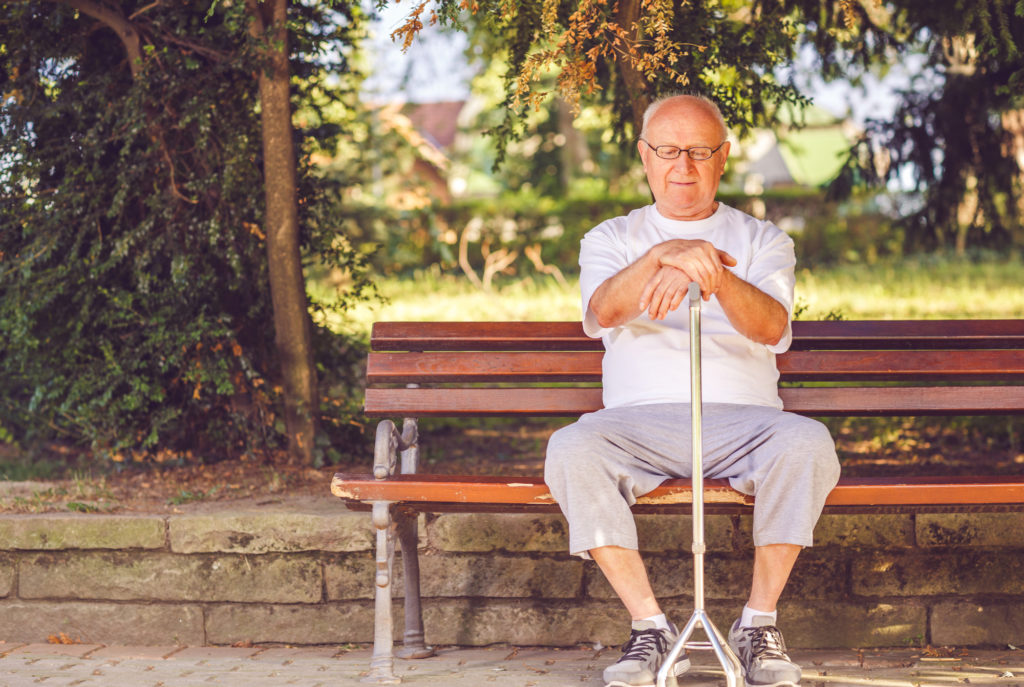
Are you the primary caregiver for an elderly parent, grandparent, or another relative? You’re definitely not alone. In fact, some 29% of Americans provide care for a relative who is chronically ill, disabled, or a senior citizen.
While you might feel that you owe this service to your parent — after all, they spent years raising you — the stress of shouldering the burden can take a devastating toll on your own physical health and emotional well-being.
Eventually, there will come a time when your relative needs more care, or more specialized care, than you can provide on your own. What are some of the signs that you need to secure help for seniors living alone? Read on for five of the most common.
It’s Time To Get Help for Seniors Living Alone When…
Just because it’s no longer possible for you to be the sole caregiver doesn’t mean that Mom or Dad has to go into a nursing home. Assisted living facilities and in-home care providers are two options that you should take into consideration if your elderly relative is exhibiting these signs.
…She Has Wandered Away from Home
If you are a parent yourself, you know how quickly a toddler can vanish from your side. The same is true of a dementia patient. In the few minutes you spend on a bathroom break, your parent can leave the house and disappear.
It’s a terrifying occurrence and one that you won’t want to repeat. The world can be a scary place for someone who is confused and disoriented. Consider getting extra help for seniors living alone if they have ever strayed from home.
…She Has Fallen Inside the Home
Concern for your relative’s physical safety within the home is another reason to seek help. Seniors whose mobility is declining may feel ashamed to ask for assistance. It’s up to you to recognize when it’s no longer safe for them to step in and out of the bathtub or shower, climb stairs, or reach for items on high shelves.
Look into housing options for your relative, such as aged care Fremantle.
…She Exhibits “Sundowning”
Patients with Alzheimer’s may experience heightened agitation, confusion, disorientation, and even aggression or anger during the late afternoon and early evening hours. This is known as “sundowning,” and it’s a clear sign that your relative needs more help than you may be able to provide.
The behavior triggered by “sundowning syndrome” can take a heavy toll on caregivers and their families. This is largely because it disrupts schedules, but also because it’s simply stressful to watch your loved one struggle.
…She Requires Medical Supervision
Elderly people who require injections, frequent doses of medication, or medical monitoring are generally better off in a facility that is equipped to care for them. At the very least, an in-home health aide with medical training should be brought in to help.
…Her Hygiene Is Suffering
When an individual has physical limitations, it may be difficult for her to bathe, wash her hair, change her clothing, and do laundry. As a result, her hygiene may begin to suffer. Unless you will be on hand all day to lend assistance with bathing, dressing, and toileting, you may be better off making other arrangements for your loved one.
Wrapping Up
Making the decision to move your relative to an assisted living or skilled nursing facility can be a difficult one to make. However, sometimes you simply can’t provide the necessary help for seniors living alone.
We hope this article has helped you to understand when boundaries must be drawn. For more informative posts about health and wellness, bookmark the site and check back often!

